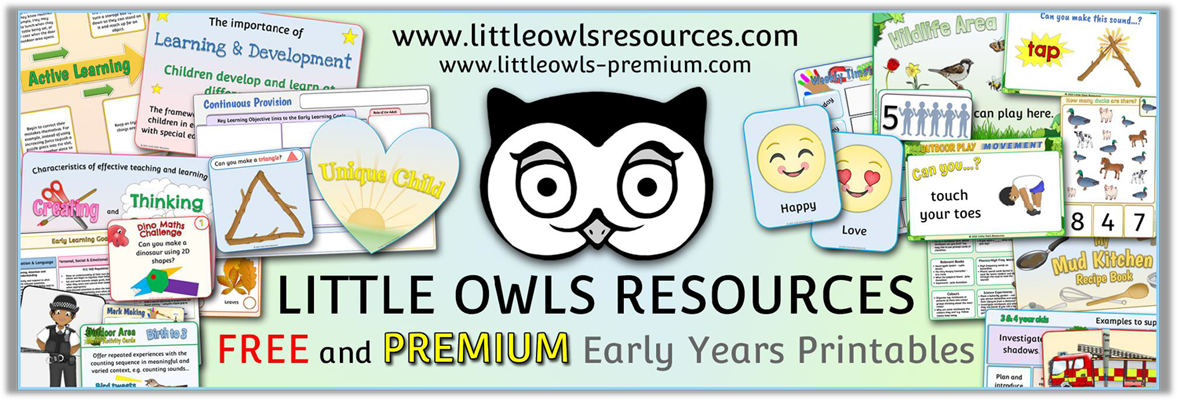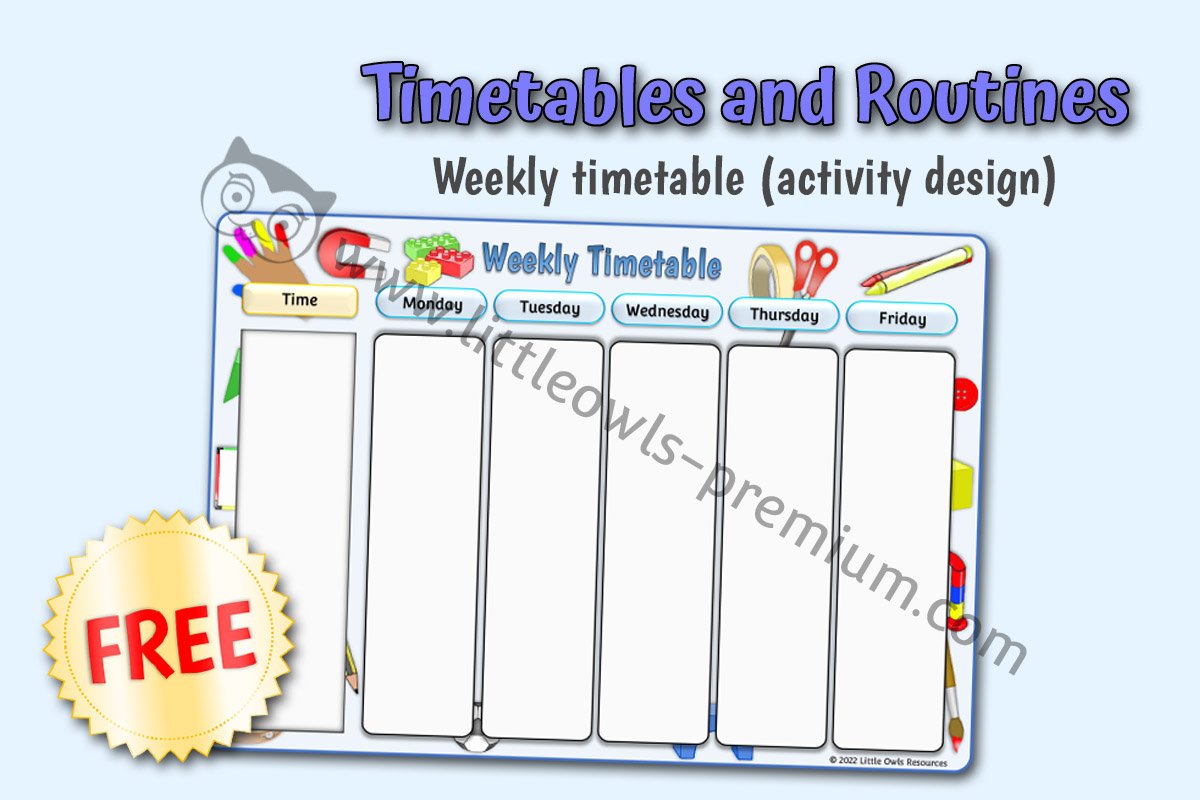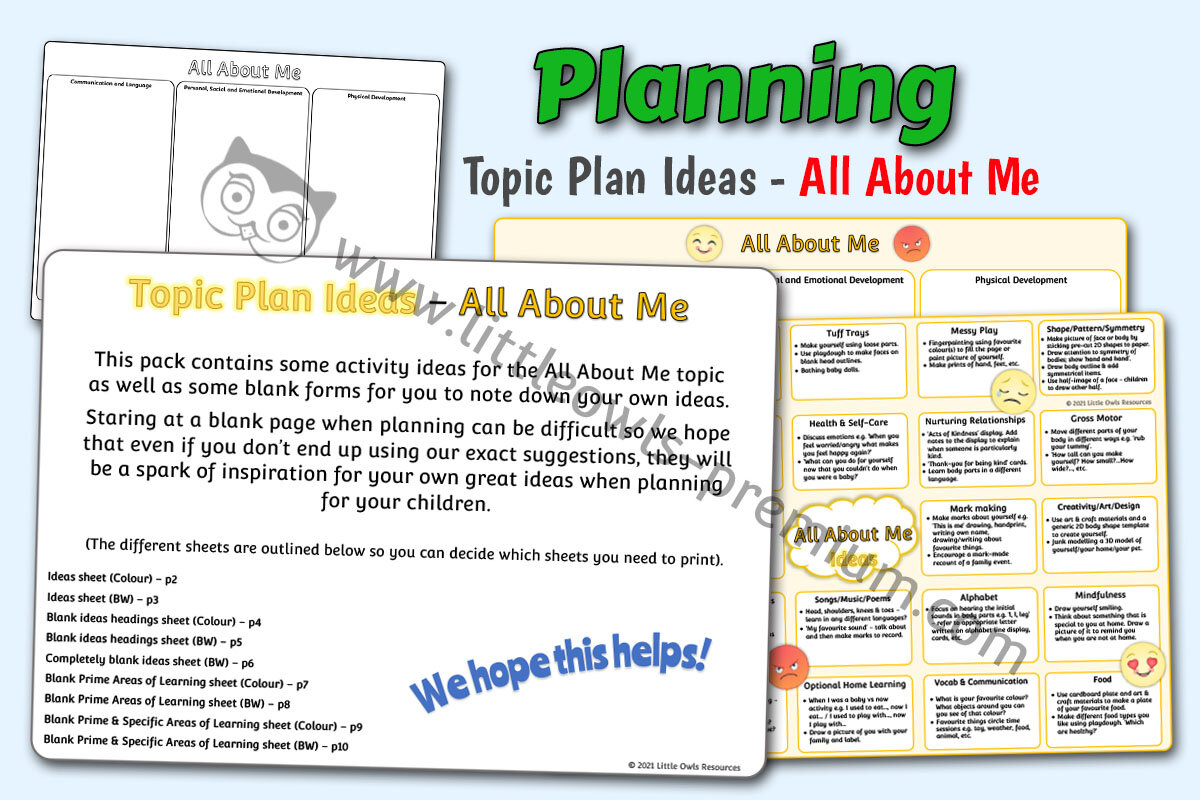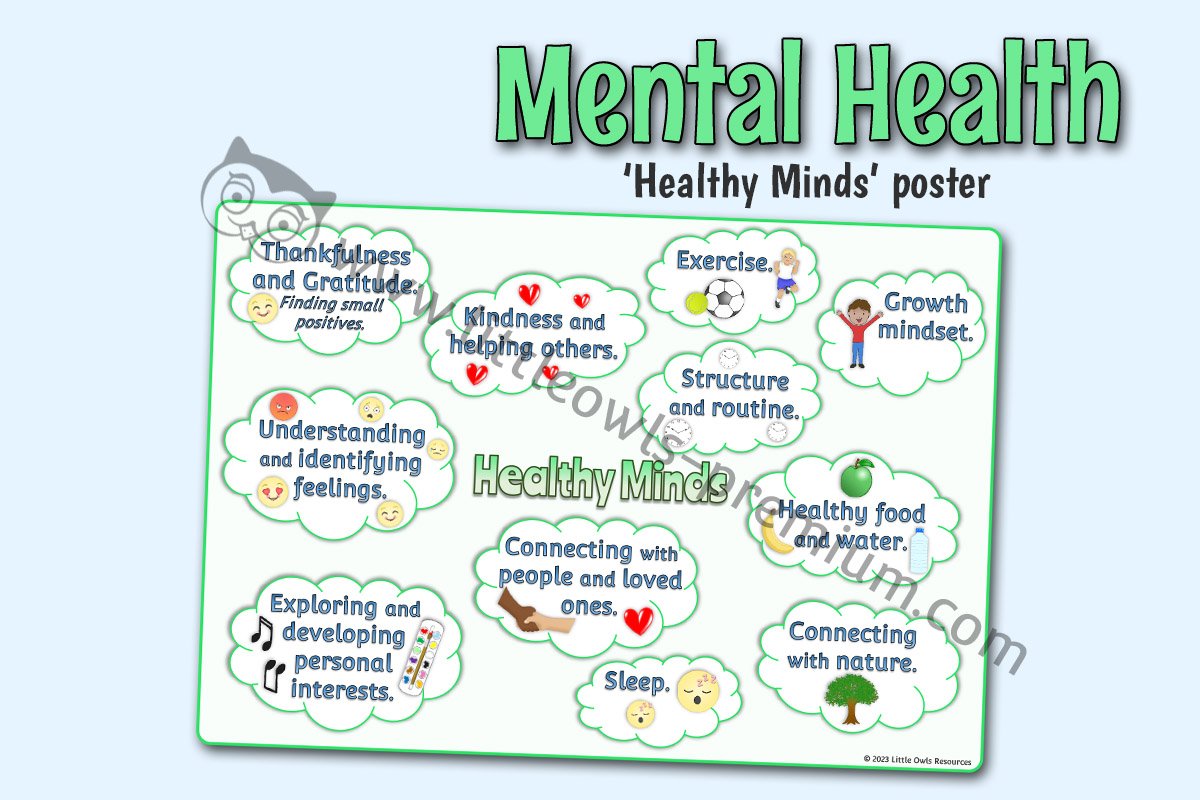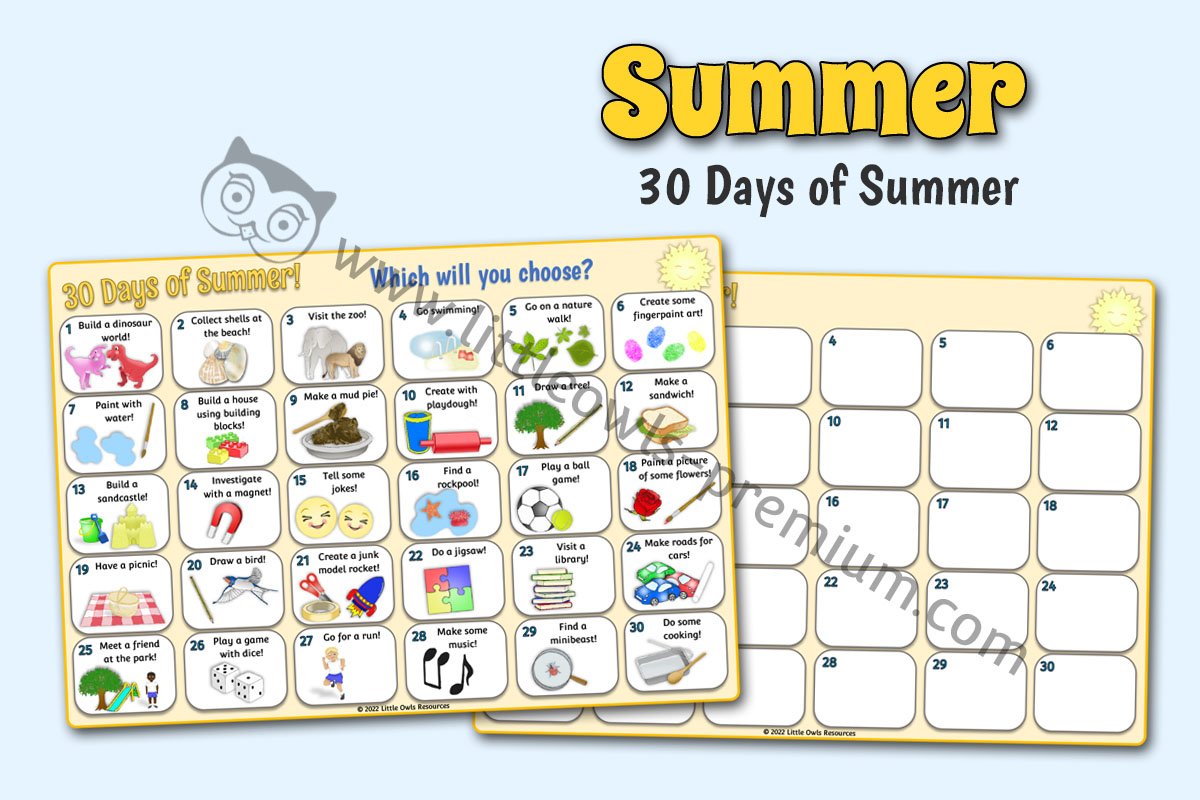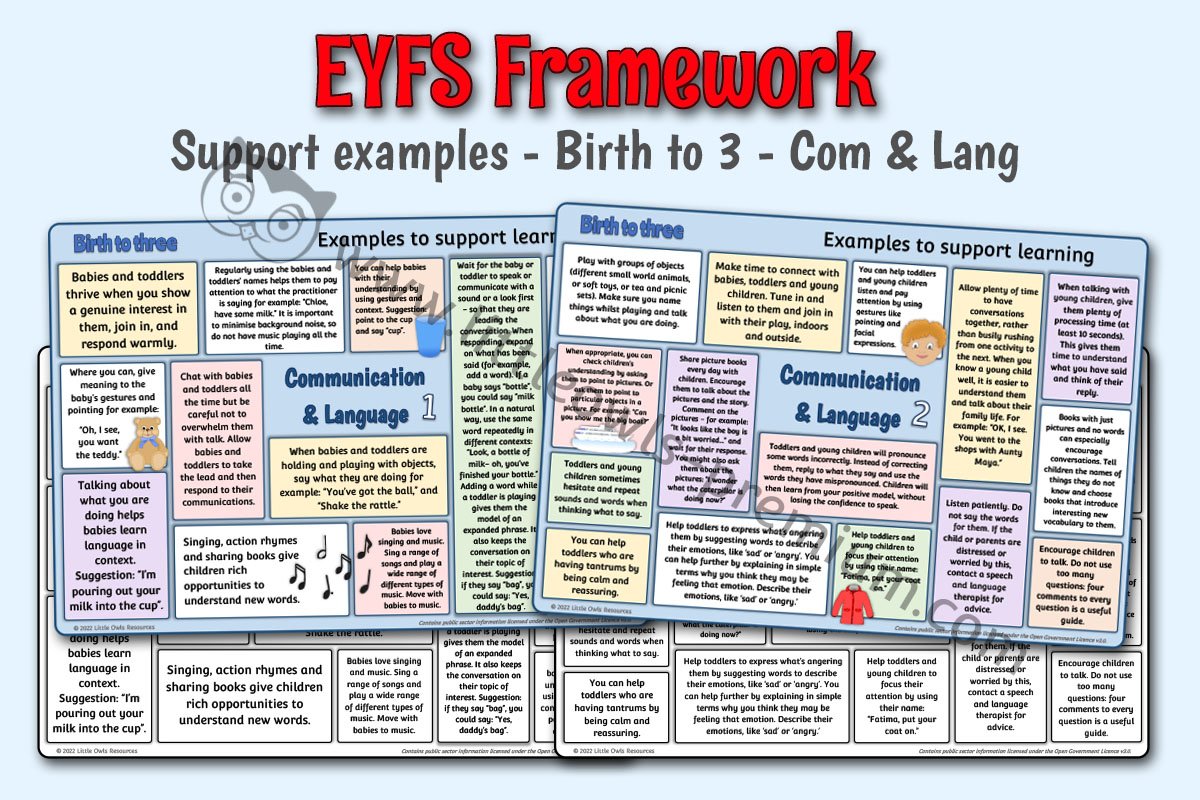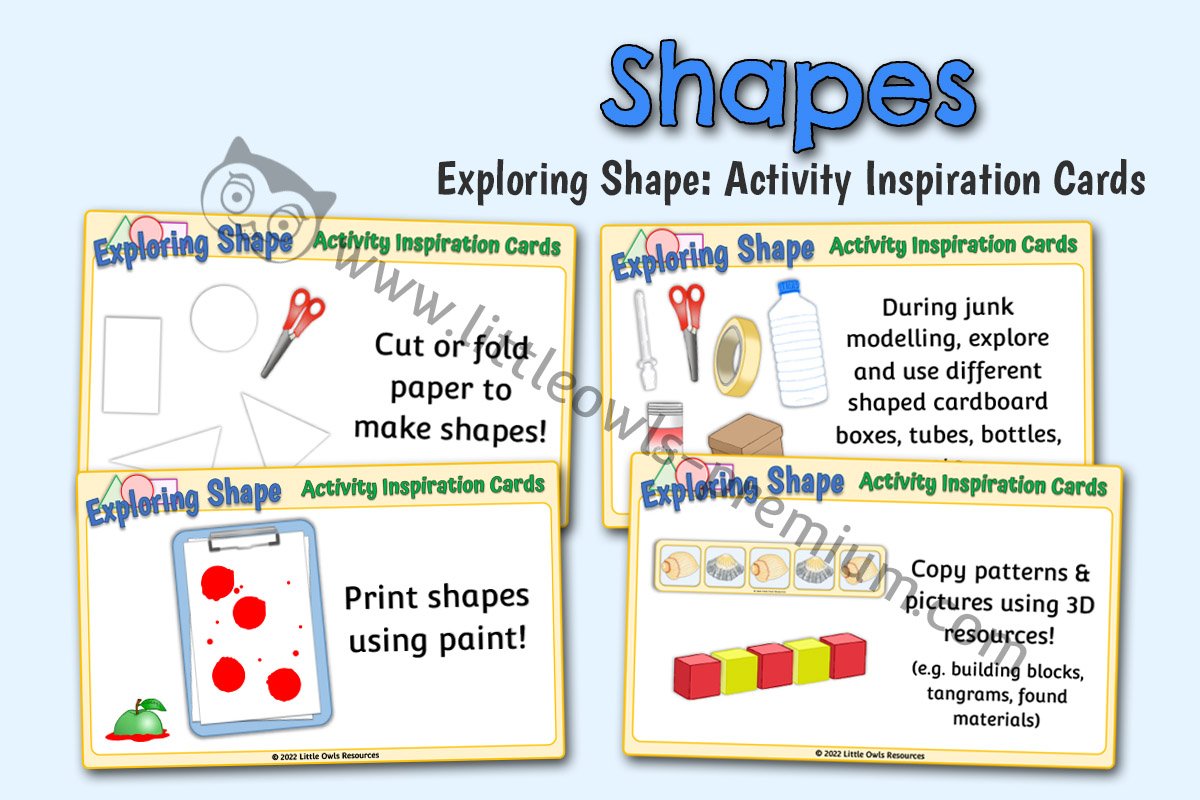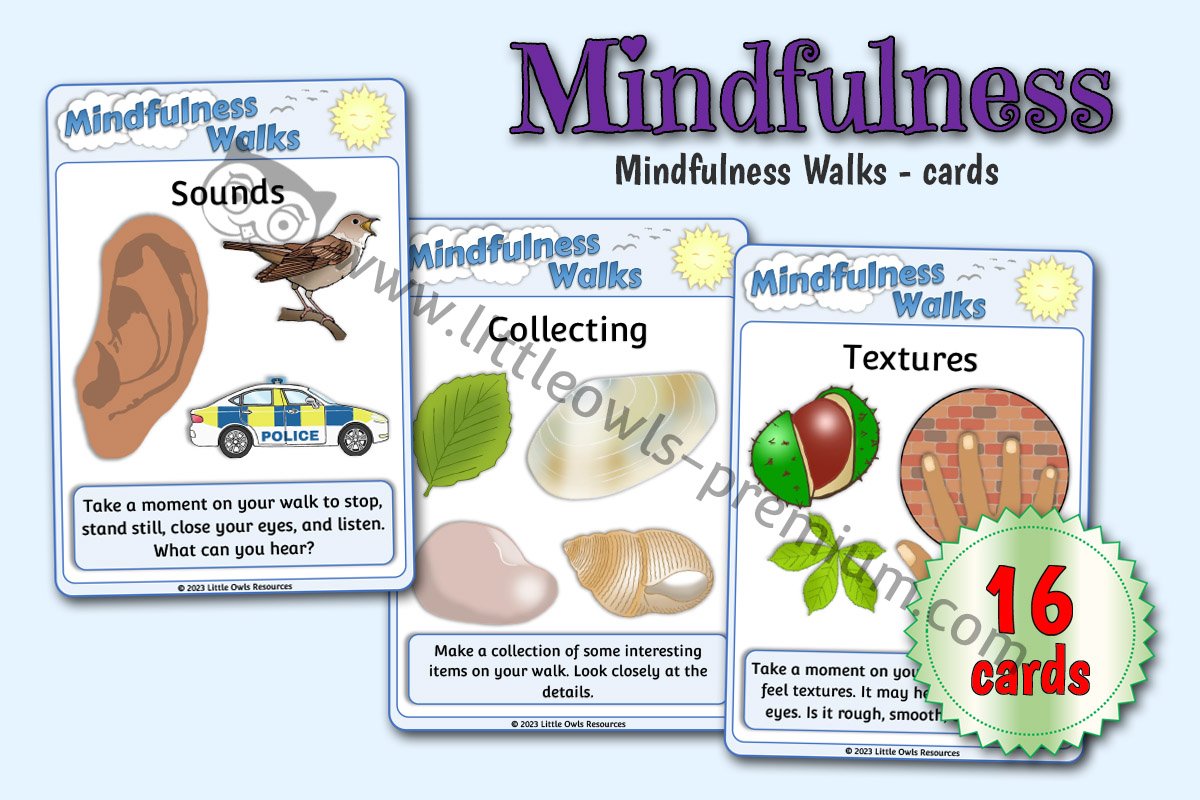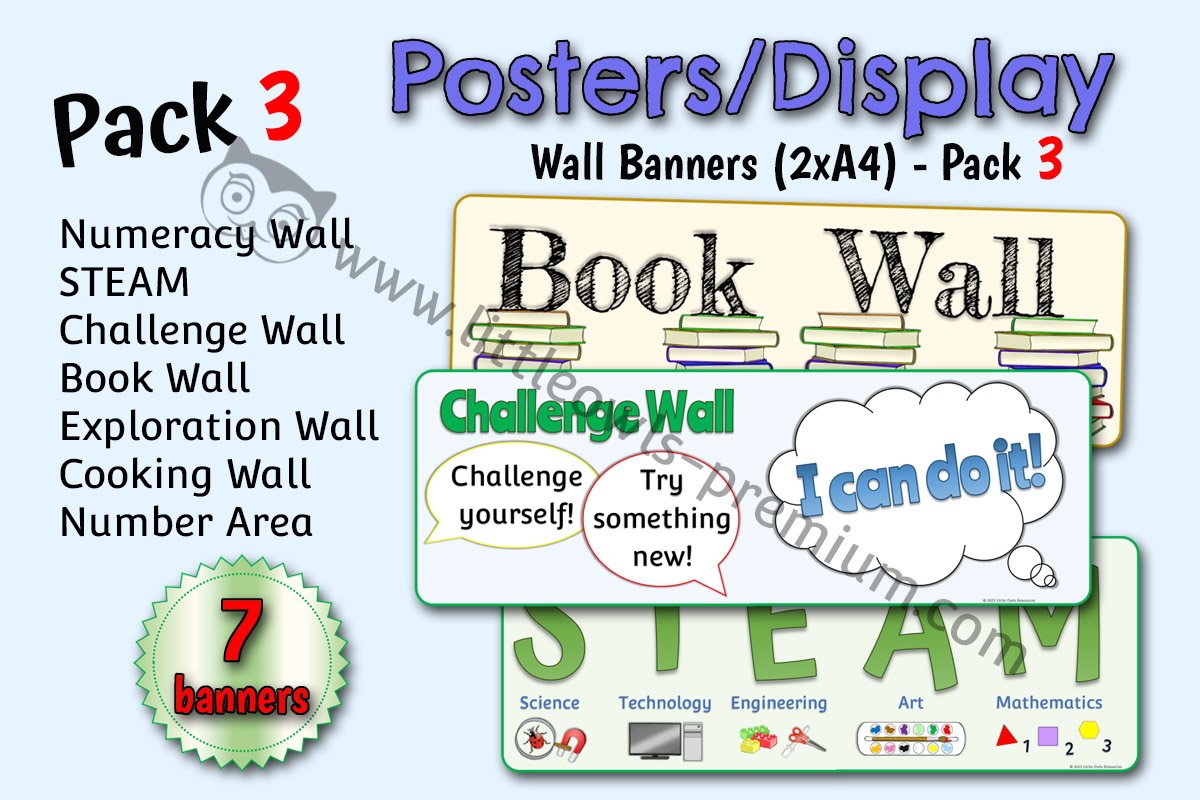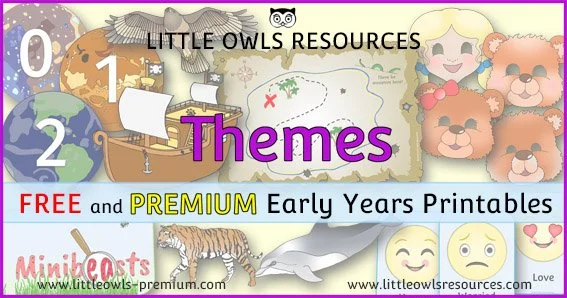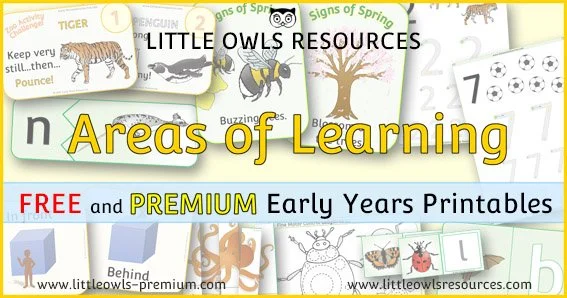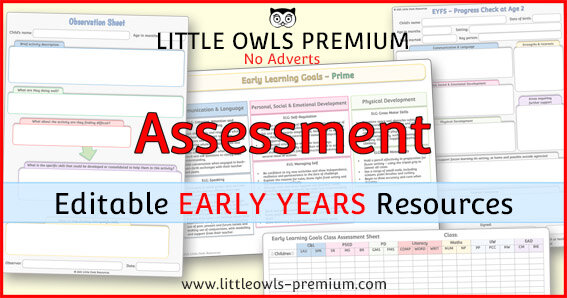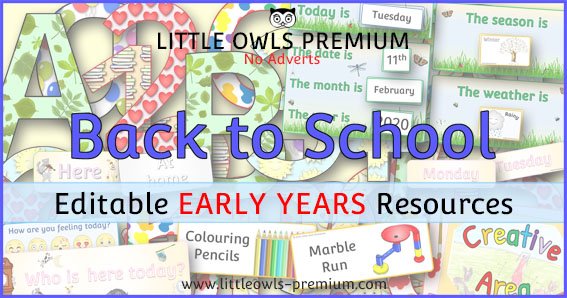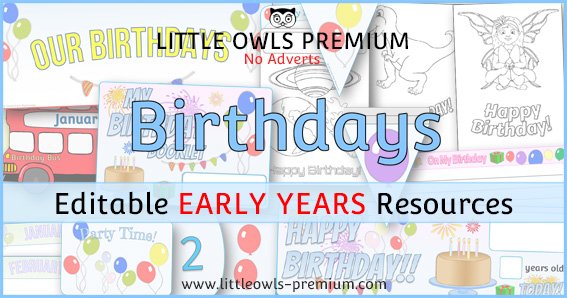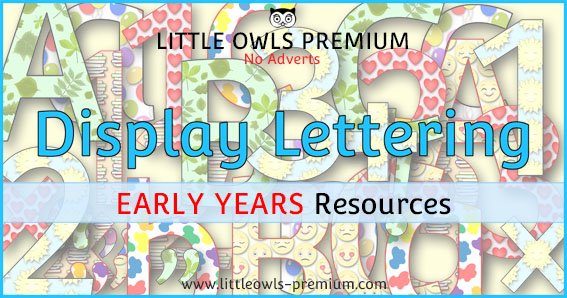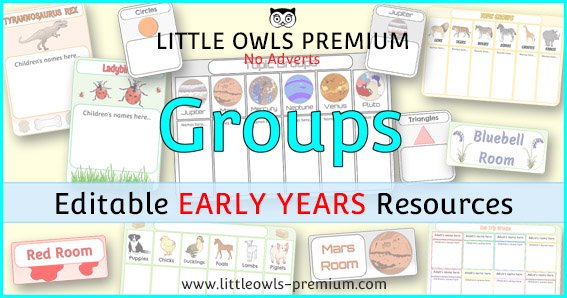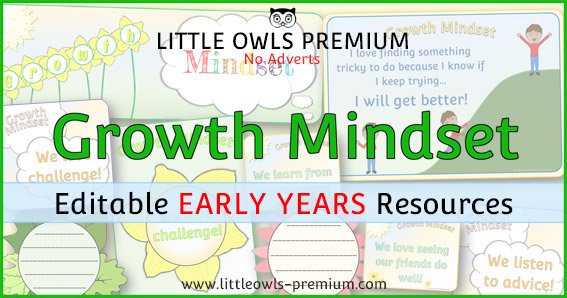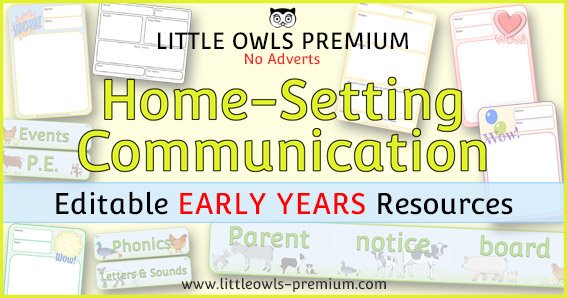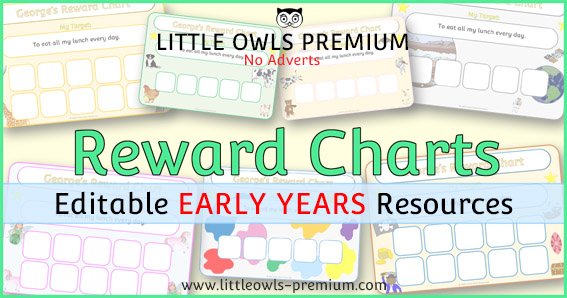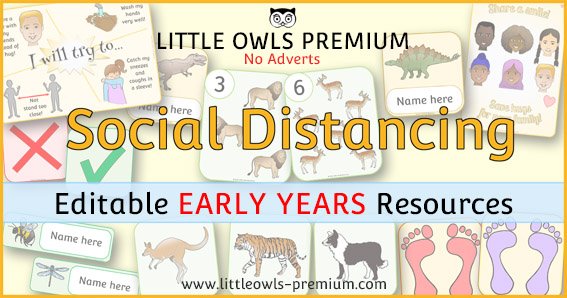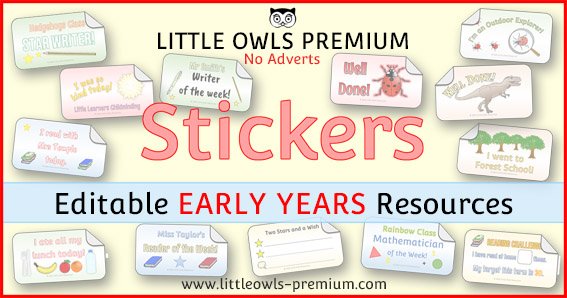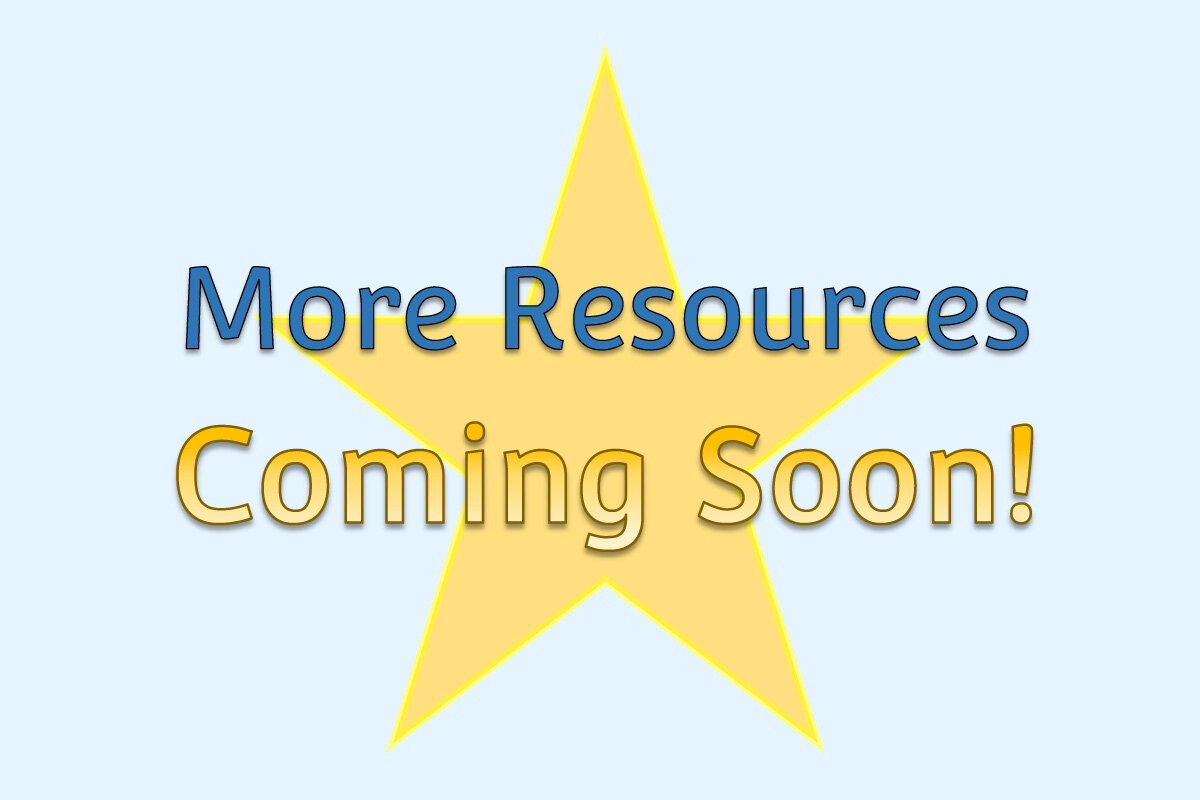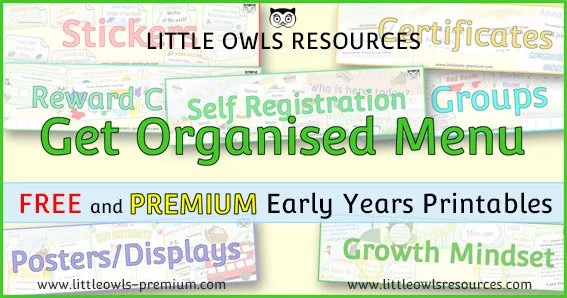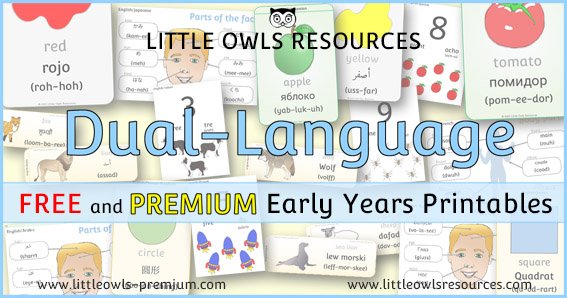PLanning - EYFS/Early Years paperwork, activities and ideas
SECTIONS ON THIS PAGE:
An overview of ‘Curriculum Planning’ with regard to the EYFS Framework
Planning Tools
Activity Idea Bingo Grids
Planning tools from our ‘EYFS Framework’ and ‘Transitions’ pages
Science (Understanding the World) Activity Packs - more coming soon!
Activity Card Packs (Various areas of learning, topics and themes) - more coming soon!
Related ‘Get Organised’ editable resources you may be interested in
FREE ‘Planning’ Printables | Early Years
(Click on the images below to find out more)
If you are not a member already, become a ‘Free Access’ member here. This will give you access to resources within the ‘Free Sample Resources’ sections at the top of most pages and ‘Special Dates Calendars’. Some whole topics are even free! Find out more about all of our membership options here. If you are already a member… thank-you! x
Please note that both Editable (docx file) and non-editable (pdf file) versions are available for our ‘Planning’ resources. (Editable files require Microsoft Word to work at optimum level and Non-Editable files require a pdf viewer.)
What is a curriculum?
A curriculum is what you want the children to learn in the time they are with you.
It must be based on the statutory early years foundation stage (EYFS), which gives you a framework that you can build on, through the 7 areas of learning.
You can decide how best to deliver those areas by creating a curriculum unique to your setting, providing activities and experiences that deliver those areas of learning.
Planning your curriculum
You should always start with the early years foundation stage (EYFS) framework. It contains educational programmes that sit under 7 areas of learning. These are high-level curriculum summaries that you must follow and work into a rich curriculum that meets the needs of the children.
From there, break down those high-level curriculum summaries into smaller steps. Decide what you want children to learn, the activities you want to do with them and how your setting can support their learning.
Childminders or nursery leaders (working with their staff) should decide how to implement these activities and experiences, so the children can progress in all the areas of learning. You should evaluate how well the curriculum works, checking what children know and can do as they move through the EYFS. (You may find some of the resources on our ‘EYFS Framework’ page useful.)
You should consider using ‘Development Matters’ the non-statutory curriculum guidance for the early years foundation stage to support you in planning your curriculum.
Your curriculum should be unique to your setting. Watch your children, studying how they lead their own play. Talk to parents and carers to find out their interests. Listening to what children say also provides clues about their curiosities and interests.
Use this knowledge to decide how best to engage children in the curriculum, choosing the right activity or environment. It should not be overly complicated and should meet the needs of the majority of children. Some children, such as those with SEND, may need additional support.
It’s important not to use the early learning goals (ELGs) from the EYFS as the basis for your curriculum. They should only be used as an assessment during the summer term of the reception year.
This page contains public sector information licensed under the Open Government Licence v3.0.
Areas of Learning
Prime
Specific
Topic Planning Idea Maps
Click on the thumbnail images below for further details…
Activity Idea Bingo Grids
Click on the thumbnail images below for further details…
Blank Planning Templates
Click on the thumbnail images below for further details…
PLANNING tools from our ‘EYFS Framework’ and ‘Transitions’ pages
Click on the thumbnail images below for further details…
‘SCIENCE’ (Understanding the World) ACTIVITY PAcks
Click on the thumbnail images below for further details…
Activity Card PackS (Various areas of learning, topics and themes) - more coming soon!
Click on the thumbnail images below for further details…
‘INTERACTIVE CHALLENGE DISPLAY PACKS’
Activities based on ‘birth to 3’, ‘3 or 4 year olds’ and ‘reception’…
SPECIAL DATES CALENDARS (free)
Click on the thumbnail images below for further details…
Find more resources to aid your planning on the following pages: ‘Areas of Learning and Development’, ‘Special Dates Calendar’, ‘Festivals and Celebrations’, ‘Awareness Dates’, ‘Themes’, ‘All Topics’ and ‘Keywords’.
